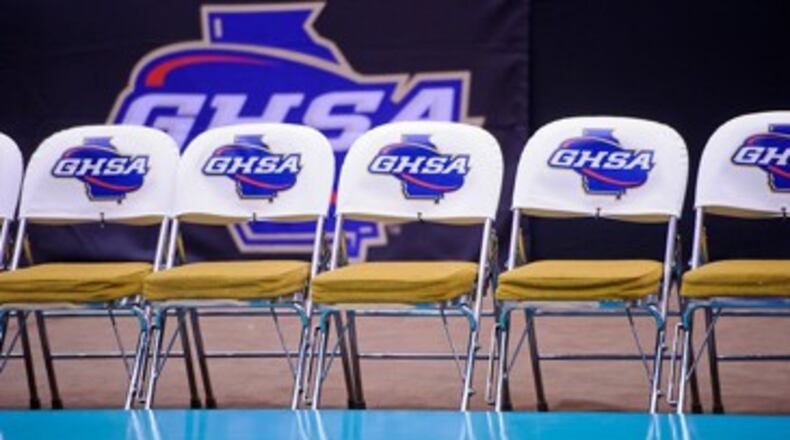The Georgia High School Association on Monday said no to home-schooler eligibility and yes to splitting Class A into separate public and private regions and eliminating power rankings to pick and seed playoff teams.
The proposal to allow home-schooled students to participate in GHSA activities under the supervision of their local boards of education failed by vote of 47-19 at the GHSA’s executive committee meeting in Macon.
The vote was prompted in part by a bill in the Georgia General Assembly that would have compelled high schools to allow home-schoolers in their attendance zones to play on their sports teams. Though it failed to pass in the legislature this spring, the so-called Tim Tebow Act is almost certain to be revisited as similar bills have gained traction nationwide.
Meanwhile, the GHSA’s reclassification committee had planned to meet Sunday and Monday for discussion and planning but not necessarily to bring votes before the executive committee. Instead, there were five reclassification items proposed and approved:
• Class A beginning in 2020-21 will have eight public-school regions and eight private-school regions. That’s in contrast to the current eight regions total that exist in Class A, Georgia’s classification for schools with fewer than 525 students. Most current Class A regions have both public and private schools. There are about 120 Class A schools, about 90 that play football, so the new regions will be small, assuming the 525-student ceiling remains in place. The move also means 64 Class A playoff teams (32 in public, 32 in private) compared to the current 48 teams.
• Power rankings will no longer be used to determine seeding for Class A schools or to pick at-large playoff teams in higher classifications. The current rule guaranteeing only three playoff berths for regions with just four teams was abolished, meaning that a region with only four or fewer teams would qualify all of its teams. Class A will go back to seeding its playoff teams the way other classes do, based on region standings, not power rankings.
• The GHSA will continue to have seven classifications beginning with the 2019-20 academic year. The GHSA office and others had made the argument for six, hoping that would reduce travel and make scheduling contests easier, but the idea lost favor as it was hashed out in committee.
• The GHSA will adopt a method to account for out-of-zone students in reclassification, but the method won’t be determined until the fall. The GHSA’s current policy, which largely targets private and city schools, subjects a school to higher classification if more than 3 percent of its student body comes from outside its county. In other years, the GHSA has used an enrollment multiplier to move private schools to higher classes.
• The GHSA will return to a two-year reclassification cycle when the current four-year cycle ends during the 2019-20 academic year.
All reclassification votes were approved unanimously except the split into public and private regions (64-2) and the elimination of power rankings in every class (65-1).
About the Author
The Latest
Featured

